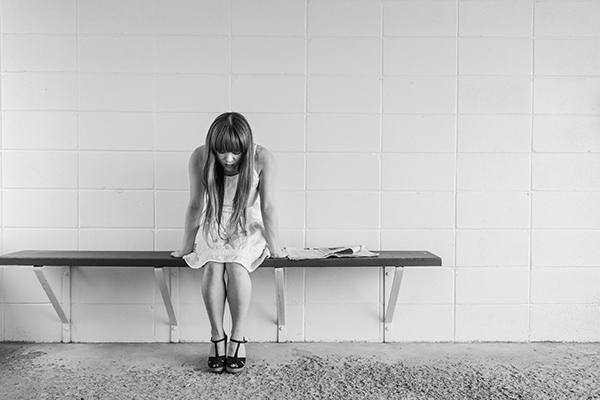PARIS, France — Not knowing if a decision will provoke pain is more stressful than correctly anticipating the outcome, even when that outcome hurts like hell, according to a study released Tuesday.
Moreover, experiments with volunteers receiving electric shocks showed, the greater the stress the better subjects were at reading available clues to figure out the right response.
READ: Music eases pain after surgery—study | ‘75% of Filipino cancer victims die with excruciating pain’
“People whose stress tracks uncertainty more accurately are better at predicting when they’re going to get a shock,” Archy de Berker, a scientist at the Institute of Neurology at University College London and lead author of the study, told AFP.
Published in Nature Communications, the research suggests that stress — which corresponds to the activation of specific chemicals in the brain — can help us navigate risk in some situations.
Scientists have long understood that uncertainty, in itself, can cause anxiety.
Classic experiments with rats subjected to arbitrary electric shocks showed that stress levels dropped when the animals were able to anticipate or control the timing of the jolts.
The same applies to people.
But previous research mostly compared our reactions to total unpredictability or total control, and didn’t examine different degrees and kinds of uncertainty we experience in everyday life.
Facing a crucial job interview, for example, most folks will be more relaxed if they feel sure of the outcome, one way or the other.
“The most stressful scenario is when you really don’t know — it’s the uncertainty that makes us anxious,” said co-author Robb Rutledge, a researcher at the Max Planck Centre for Computational Psychiatry and Ageing Research at University College London.
A painful shock
To better explore this middle ground, de Berker and colleagues devised a clever set of experiments in which 45 subjects, looking at images of two rocks on a computer screen, were repeatedly asked whether a snake lay hidden under one of them.
If there were a snake, the subjects — even if they guessed correctly — would receive a painful electric shock on the back of the hand, roughly equivalent to a wasp’s sting, de Berker said.
They were asked the question several hundred times over the course of the experiment.
Using complicated mathematical models, the scientists created patterns that gave the volunteers some clues.
These patterns, in fact, reflected distinct types of uncertainty, some random and others more-or-less predictable based on accumulated experience.
“Our experiment allows us to draw conclusions about the effect of uncertainty on stress,” de Berker said.
“It turns out that it’s much worse not knowing you are going to get a shock than knowing you definitely will or won’t.”
The researchers tracked stress levels by measuring changes in pupil diameter, a proxy for the release of noradrenaline in the brain, and through questionnaires.
Surprisingly, they found that getting a shock you correctly guessed is coming is about as stressful as NOT getting a shock when you DID expect one.
“It seems as if the shock and the uncertainty have roughly equal roles to play in the stress people experienced,” de Berker added.
The fact that subjects with higher anxiety levels performed better in the snake/no-snake guessing game suggests that stress — over the course of human evolution — may have given humans an edge in the struggle to survive.
“The appropriate stress responses might be useful for learning about uncertain, dangerous things in the environment,” co-author Sven Bestmann, also of University College London, noted in a press statement.
The study can be consulted at https://dx.doi.org/10.1038/ncomms10996.
